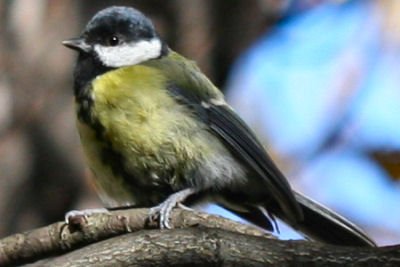
I learned a new word today: Diel.
I’m a little embarrassed that I didn’t already know that.
I will now use the word in a sentence. Diel changes in the environment, such as when sunrise occurs, can affect an organism’s Darwinian fitness. Therefore, we would expect natural selection to shape behavior to account for diel changes.
Great Tits (Parus major) and many other songbirds mate within monogamous pairs, and may mate at any time during the day. But there is a certain amount of surreptitious sex in monogamous animals, and it turns out that extra-pair copulations in some species tend to happen early in the morning.
This implies that if you are song bird you’ve got to get up pretty early in the morning if you don’t want to be cuckolded.
A study just out in the journal Functional Ecology explores this problem. The paper is “Costs of sleeping in: circadian rhythms influence cuckoldry risk in a songbird” by Timothy Grieves and nine other authors explores this problem. Because of the relationship between extra-pair copulations and diurnal rhythms, the authors suggest that “…variation in when individuals begin their daily activity may influence their reproductive success; early risers may be better able to gain copulations and guard their partners, thus minimizing their risk of being cuckolded compared with late risers. Sexual selection may thus play an important role in shaping circadian behaviours, but this assumption has yet to be tested in free-living animals.”
The researchers captures some males and provided them with implants that added melatonin to their naturally circulating hormones. This caused those males to sleep late, and generally get a late start in the morning. The Great Tit pairs that had these late-risers ended up having more offspring sired by extra-pair males.
The average time of delay in the morning was a mere 10 minutes, and other behaviors and the overall activity budget of the affected males was not altered.
(Photograph of Great Tit is from here.)









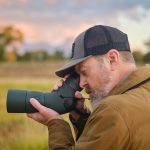
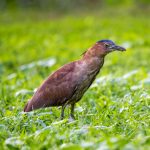
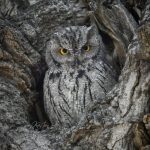


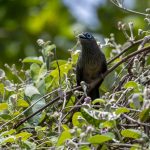
Leave a Comment